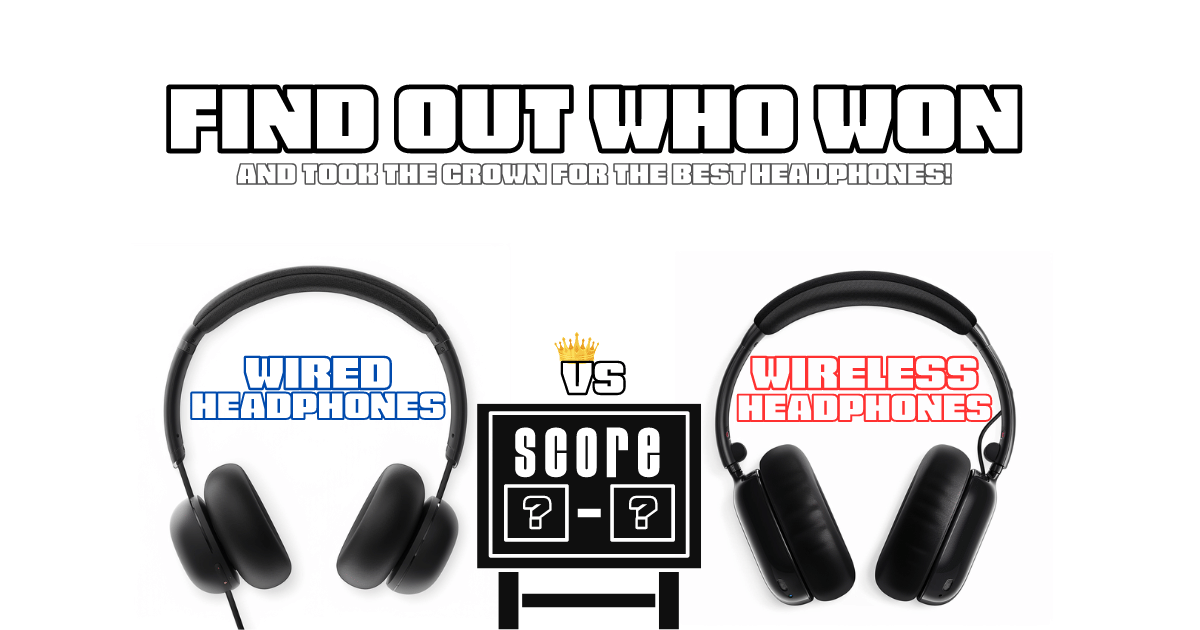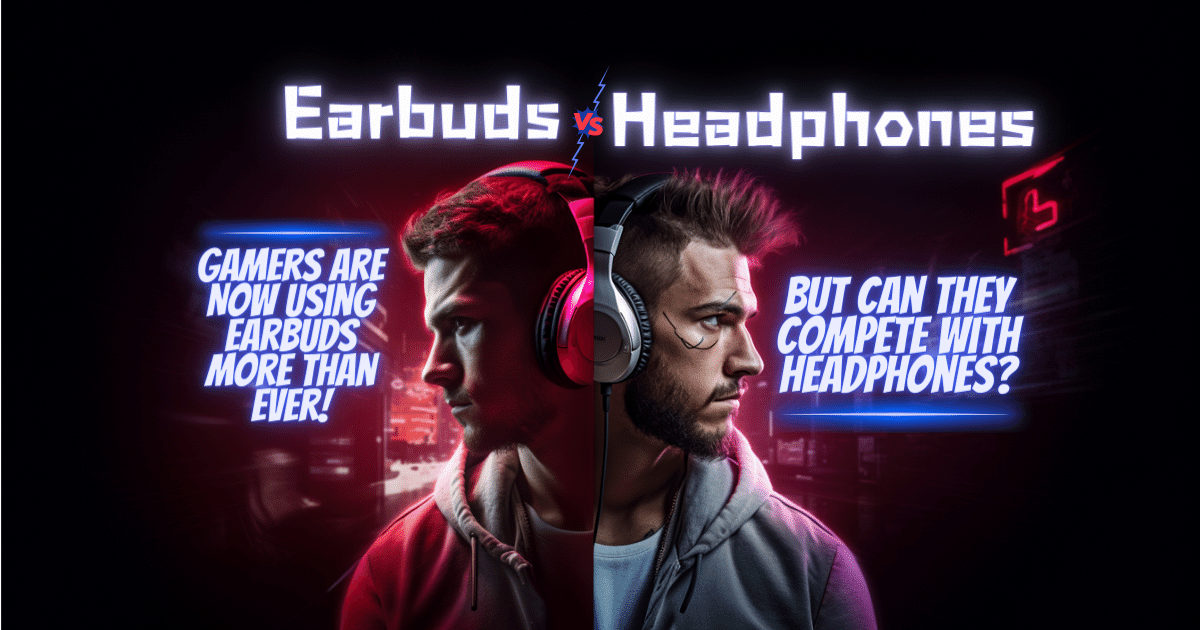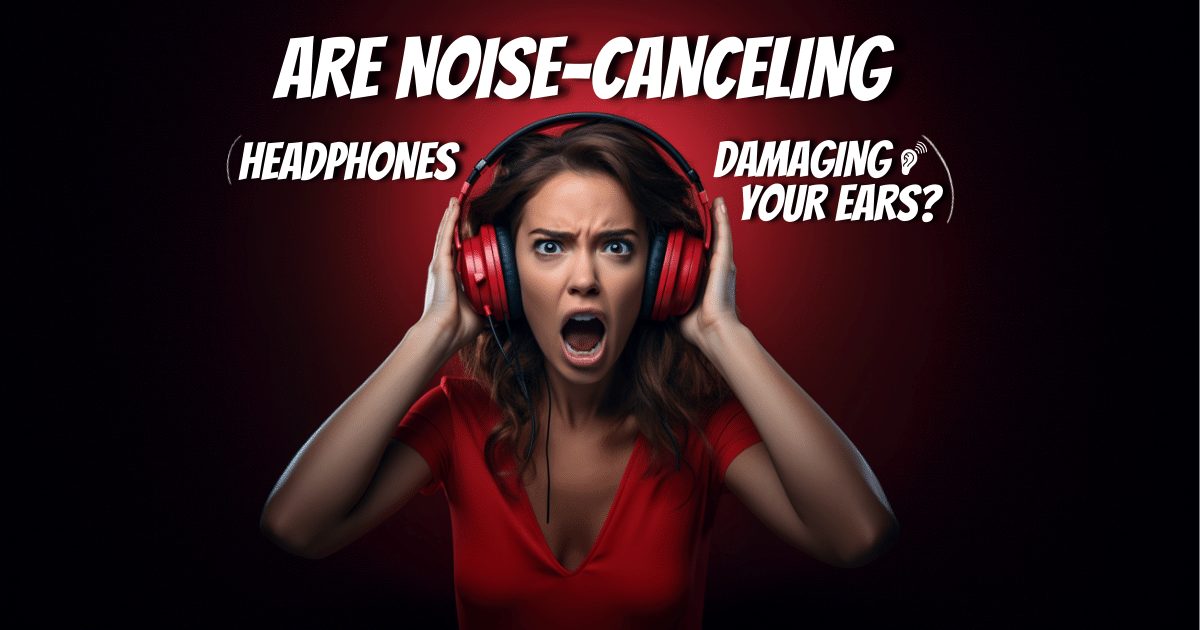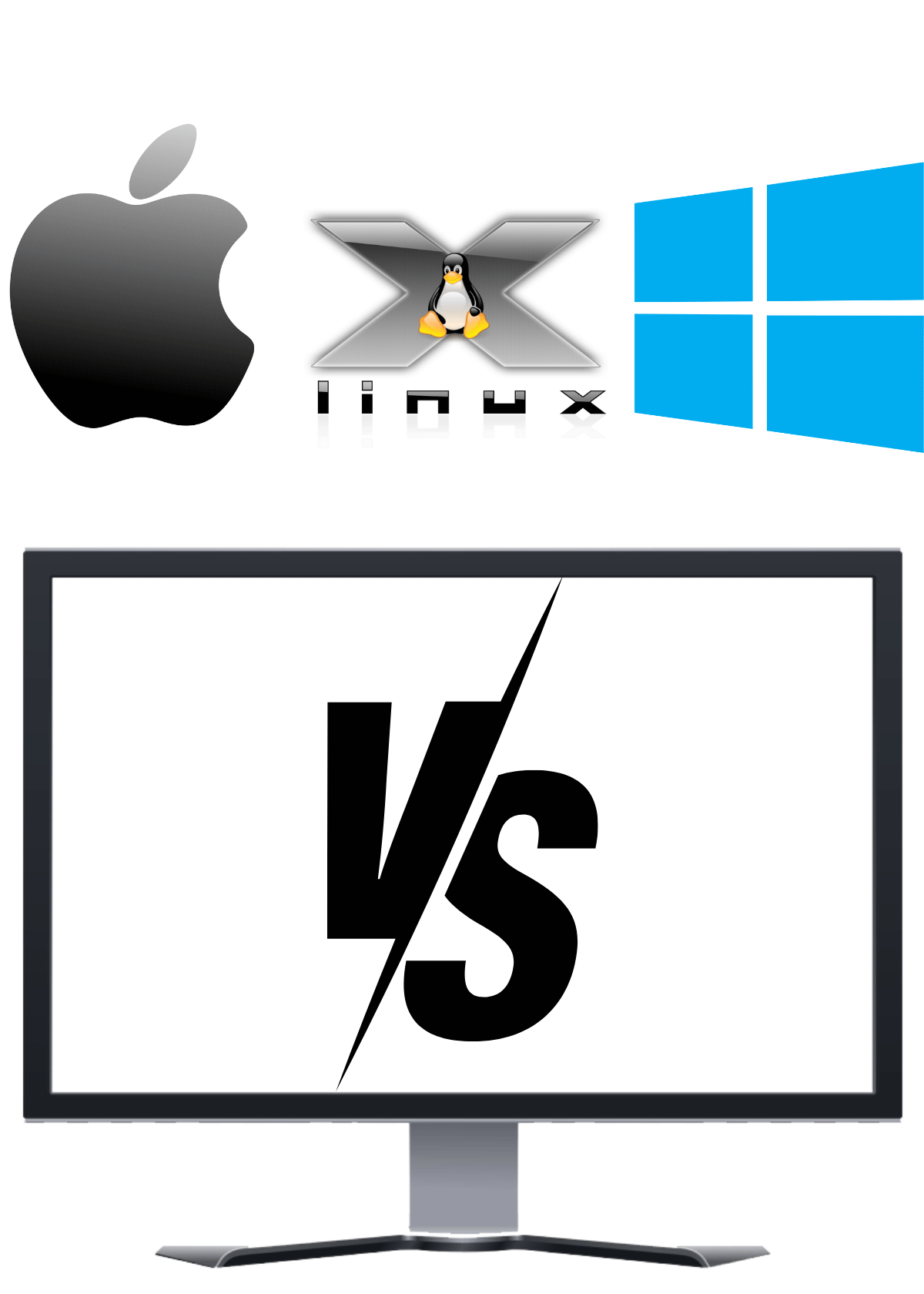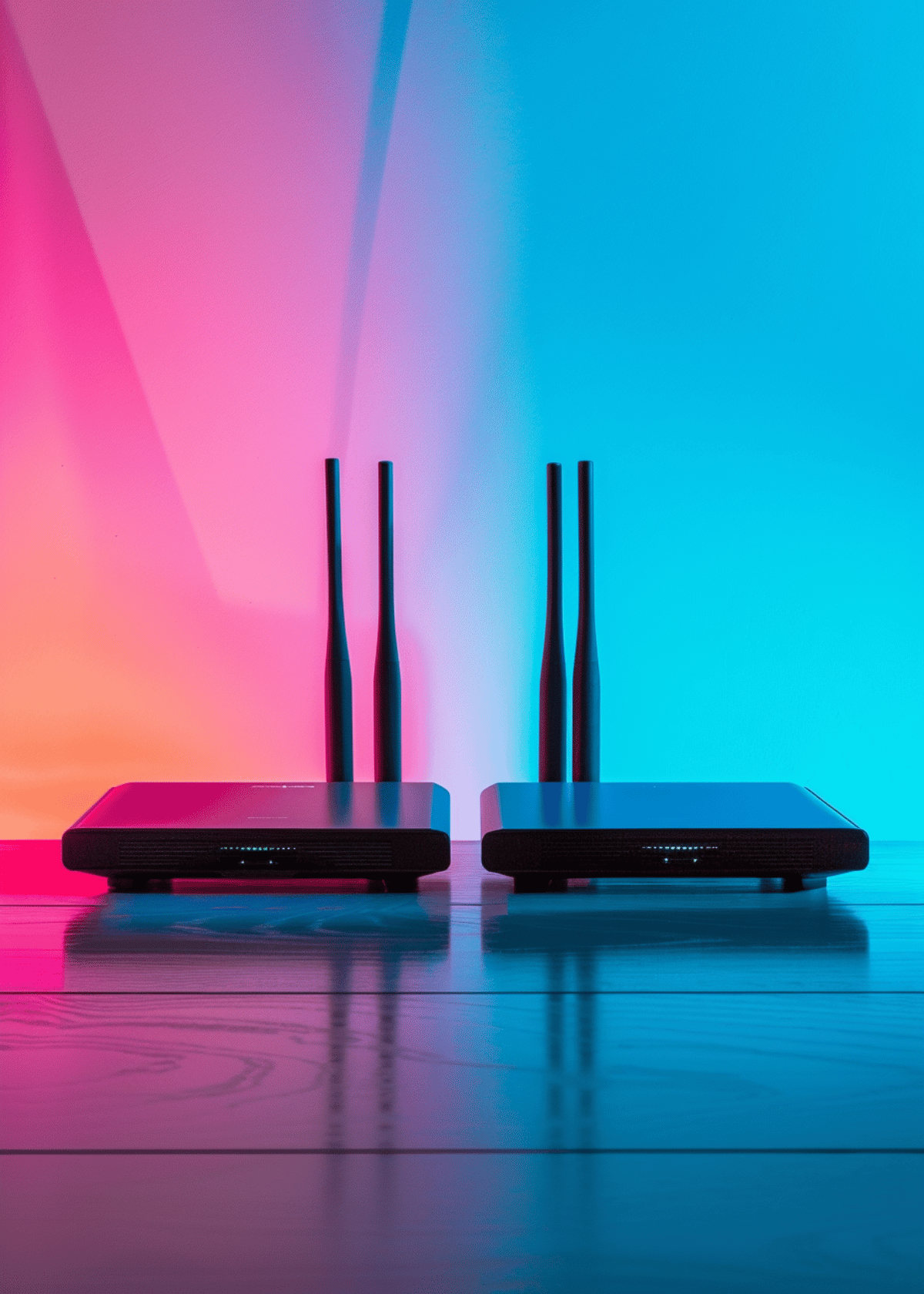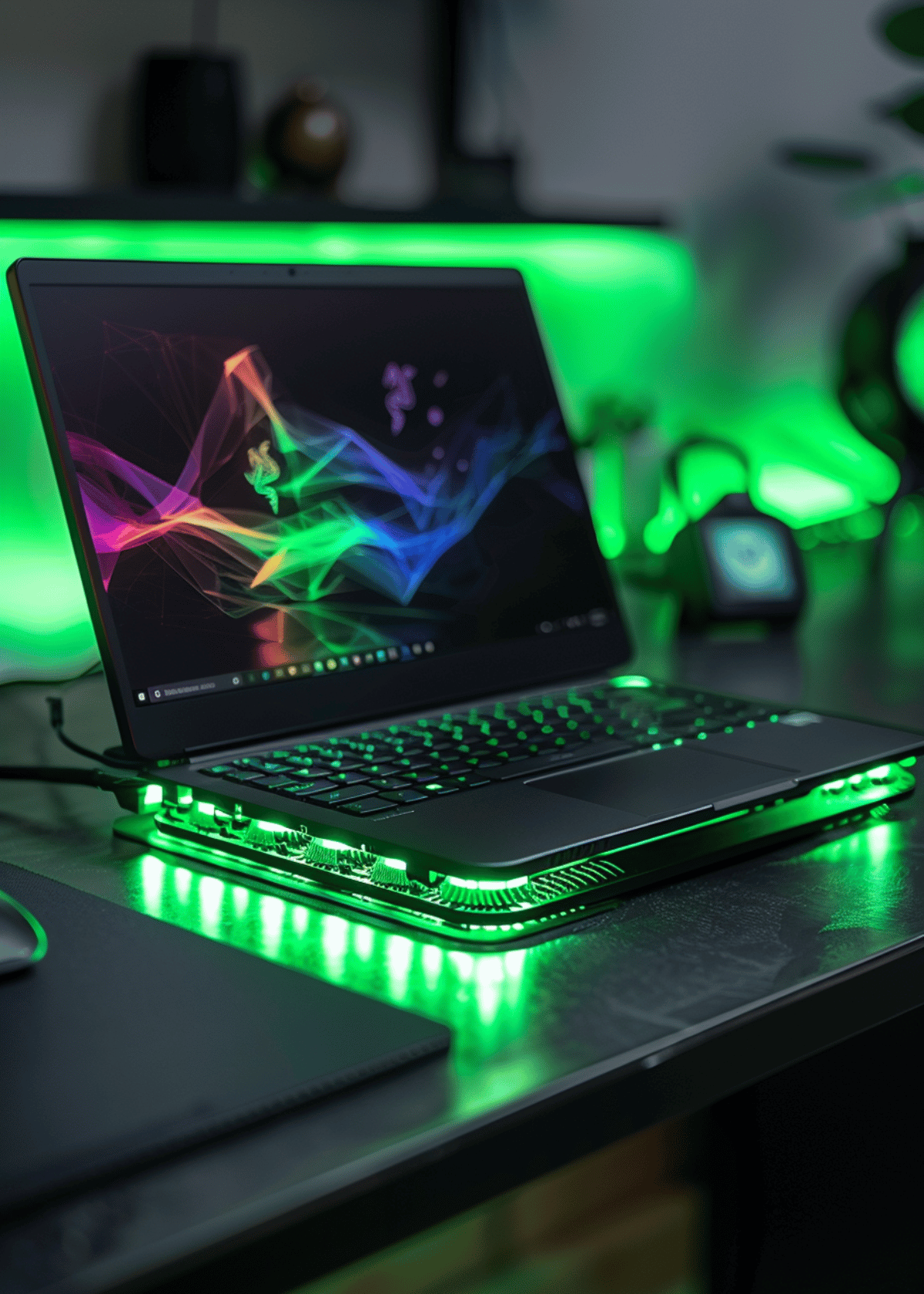Why Wireless Headphones are More Convenient than Wired? Is this the End of Wired Headphones? 🤔

Wireless headphones have become increasingly popular in recent years, and for good reason. They offer a level of convenience and flexibility that wired headphones simply cannot match.
In this article, we will explore the ways in which wireless headphones are more convenient than wired headphones, including their ability to provide greater freedom and flexibility, improved sound quality, and easier use.
⑴ Greater Freedom and Flexibility 🤸♂️
One of the most significant advantages of wireless headphones is their ability to provide greater freedom and flexibility. Unlike wired headphones, which are tethered to a device, wireless headphones allow users to move around freely without worrying about getting tangled up in cords. This makes them ideal for a variety of situations, such as exercising, cleaning, or working in a busy office.
For example, when exercising, wireless headphones allow users to move around freely without worrying about getting their headphones caught on equipment or other objects. This allows them to focus on their workout and not have to worry about the hassle of dealing with cords. Similarly, when cleaning, wireless headphones allow users to move around without worrying about getting their headphones wet or dirty.
In addition, wireless headphones eliminate the need for tangled cords and lost connections, making them ideal for on-the-go use. Users can easily pack up their wireless headphones and take them with them wherever they go, without having to worry about dealing with a tangled mess of cords.
⑵ Improved Sound Quality 🔊
Another advantage of wireless headphones is their improved sound quality. Wireless headphones often have better sound quality than wired headphones due to advancements in technology and the lack of interference from cords. This means that users can enjoy a more immersive listening experience, with better bass and treble, and clearer vocals.
For example, the Sony WH-1000XM4 wireless headphones offer excellent sound quality, with clear and crisp vocals, deep bass, and detailed treble. Similarly, the Bose QuietComfort 35 II wireless headphones provide a more immersive listening experience, with better sound quality than many wired headphones.
In addition, wireless headphones often have advanced features such as noise cancellation, which can further improve sound quality. Noise cancellation technology can help to block out background noise, allowing users to focus on their music or other audio without distractions.
⑶ Much Easier To Use 🧩
Wireless headphones are often easier to use than wired headphones, thanks to their simple pairing processes and intuitive controls. Unlike wired headphones, which require a cumbersome process of plugging and unplugging, wireless headphones can be easily paired with your device, allowing you to start listening to your music or taking calls without any hassle.
Moreover, wireless headphones eliminate the need for awkward cable management, making them easier to use in everyday situations. You don't have to worry about tangled cords or lost connections, which can be a major inconvenience when you're on the go. This makes wireless headphones an ideal choice for activities like exercising, cleaning, or working in a busy office.
Many wireless headphones also have easy-to-use interfaces, such as the Apple AirPods or the Sennheiser Momentum True Wireless. These headphones have simple controls, such as play/pause and volume buttons, that are easy to navigate, even when you're on the move. Additionally, many wireless headphones come with voice assistants, like Siri or Google Assistant, which can help you control your music, take calls, and access information without having to physically interact with your device.
For instance, the Apple AirPods are known for their seamless pairing process and intuitive controls. You can simply open the charging case, and the AirPods will automatically pair with your iPhone or other Apple device. The AirPods also have built-in sensors that detect when you're wearing them, so you can easily play or pause your music with a simple tap on the earbud.
Similarly, the Sennheiser Momentum True Wireless headphones have a sleek and minimalist design, with easy-to-use controls that allow you to play, pause, or skip tracks, as well as adjust the volume. The headphones also come with a charging case that provides up to 24 hours of battery life, making them a great choice for long days on the go.
The 4 Main Advantages of Wireless Headphones
✅↷
⇢ 1. No More Tangled Cords & Wires 🤞
Wireless headphones eliminate the hassle of dealing with tangled cords, making them much easier to use and store.
⇢ 2. Longer Battery Life 🔋
Wired headphones are dependent on being able to plug into devices... Wireless headphones just need battery life & can connect to most newer devices. Also many wireless headphones have long battery lives, some lasting up to 24 hours on a single charge, so you can enjoy your music all day long.
⇢ 3. Wireless Connectivity 📶
Wireless headphones can connect to your device via Bluetooth or Wi-Fi, allowing you to listen to your music without being physically tethered to your device.
⇢ 4. Sweat and Water Resistance 💦
Many wireless headphones are designed to be sweat and water resistant, making them perfect for exercising or using in wet conditions.
The 3 Main Disadvantages of Wireless Headphones
❌↷
⇢ 1. Relies On Battery Life 🔋
A advantage that can also a disadvantage at times... While wireless headphones have long battery lives, they still require charging, and running out of battery can be a problem if you're in the middle of a workout or commute.
⇢ 2. Interference 💥
Wireless headphones can be affected by interference from other devices, such as microwaves, cordless phones, and other wireless headphones.
⇢ 3. Cost 💸
Wireless headphones are generally more expensive than wired headphones, especially high-end models with advanced features.
The 4 Most Important Key Factors to Consider When Choosing Wireless Headphones 🔑
When it comes to choosing the right wireless headphones, there are several factors to consider to ensure you find the perfect pair for your needs. Here are some of the most important factors to consider:
⇛ Range and Connectivity 📶
One of the most important factors to consider is the range and connectivity of the wireless headphones. You want to make sure that your headphones will be able to connect to your device without any issues, and that they will be able to maintain a strong connection even when you're moving around.
There are several types of wireless technology used in headphones, including Bluetooth, Wi-Fi, and proprietary technology. Bluetooth is the most common, and it's a good choice if you want to connect your headphones to a smartphone or tablet. Wi-Fi is less common, but it offers better sound quality and a longer range. Proprietary technology is often used in high-end headphones and offers the best sound quality and range, but it can be more expensive.
⇛ Battery Life 🔋
Another important factor to consider is the battery life of the wireless headphones. You want to make sure that your headphones will last long enough for your needs, whether you're using them for a long commute, a workout, or just listening to music at home.
Look for headphones that have a long battery life, measured in hours, and consider how often you'll be using them. Some headphones have a battery life of up to 24 hours, while others may only last for 4-6 hours. Keep in mind that battery life may vary depending on the volume level and other factors.
⇛ Comfort and Fit 🛌
Comfort and fit are also important factors to consider when choosing wireless headphones. You want to make sure that your headphones are comfortable to wear and fit well, so you can enjoy your music without any discomfort or distractions.
Look for headphones with adjustable headbands and ear cushions, which can help you find the perfect fit. Some headphones also have features like cooling gel ear cushions or breathable materials to help keep your ears comfortable during long listening sessions.
⇛ Noise Cancellation 🔇
Noise cancellation is another important factor to consider when choosing wireless headphones. If you want to use your headphones in noisy environments, such as on a plane or in a busy office, you'll want to look for headphones with active noise cancellation.
Active noise cancellation uses microphones to detect and block out background noise, allowing you to focus on your music or other audio. Look for headphones with advanced noise cancellation technology, such as multiple microphones or algorithms that can adjust to different types of noise. Keep in mind that noise cancellation can affect battery life, so consider the trade-off between noise cancellation and battery life when making your decision.
The Most Frequently Asked Questions (FAQs) When Comparing Wired And Wireless Headphones 💭
❓↪ What are the main advantages of wireless headphones over wired headphones?
A: Wireless headphones offer several advantages over wired headphones, including greater freedom of movement, no tangled cords, and easier portability.
❓↪ How do wireless headphones work?
A: Wireless headphones use radio waves to transmit audio signals from a device, such as a phone or music player, to the headphones. They typically use Bluetooth technology, which allows for a wireless range of up to 30 feet.
❓↪ Are wireless headphones as good in terms of sound quality as wired headphones?
A: Yes, many wireless headphones offer excellent sound quality, with some models even rivaling the sound quality of high-end wired headphones.
❓↪ How long do wireless headphones typically last on a single charge?
A: The battery life of wireless headphones varies depending on the model and usage, but most models can last for several hours on a single charge. Some high-end models can last up to 24 hours.
❓↪ Can wireless headphones be used for phone calls and voice assistant commands?
A: Yes, many wireless headphones come with built-in microphones and can be used for phone calls and voice assistant commands, such as Siri or Google Assistant.
❓↪ Are wireless headphones more expensive than wired headphones?
A: Yes, wireless headphones are generally more expensive than wired headphones, but the convenience and freedom they offer make them well worth the extra cost for many people.
❓↪ Can wireless headphones be used with any device?
A: Yes, wireless headphones can be used with most devices that have Bluetooth capability, including phones, tablets, laptops, and TVs.
❓↪ How do I pair my wireless headphones with my device?
A: Pairing wireless headphones with your device is typically a simple process that involves turning on the headphones and selecting them from your device's Bluetooth menu.
❓↪ Can I use wireless headphones for gaming?
A: Yes, many wireless headphones are designed specifically for gaming and offer features such as surround sound and voice chat capabilities.
❓↪ Are wireless headphones safe to use?
A: Yes, wireless headphones are generally safe to use, but it's important to follow proper safety precautions, such as avoiding loud volumes and taking regular breaks to give your ears a rest.
Conclusion - So Are Wired Headphones Done For?
In conclusion, wireless headphones are often easier to use than wired headphones, thanks to their simple pairing processes, intuitive controls, and elimination of awkward cable management. With their easy-to-use interfaces and voice assistant capabilities, wireless headphones are an ideal choice for anyone looking for a hassle-free listening experience.
More For You ⬇🔊⬇
